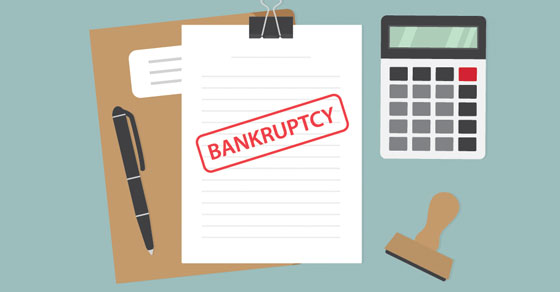High Court to Rule on Bankrupt Trustee’s Effort to Claw Back Allegedly Fraudulent Tax Payments
In an upcoming case, the Supreme Court will rule on whether a bankruptcy trustee can recover tax payments made to the IRS on behalf of a company’s leaders. We’ll call this trustee “Irresponsible Trustee.” He argues that these payments, made before a bankruptcy filing, unfairly reduced the amount available to other creditors. This case could set a significant precedent in bankruptcy law, especially regarding how much power trustees have to recover funds from the IRS.
The Background
This case involves a business, All Resorts Group, which made tax payments to the IRS before declaring bankruptcy. The Irresponsible Trustee believes these payments should be returned to the estate and redistributed to other creditors. According to him, the IRS unfairly received priority over other creditors, violating the rules of bankruptcy.
Irresponsible Trustee claims that the Bankruptcy Code allows him to recover the funds. The Code states that a trustee can “claw back” payments made to certain creditors if they reduce the estate’s value at the expense of others. Courts at multiple levels, including the 10th Circuit Court of Appeals, have supported this interpretation, pointing to the Bankruptcy Code’s strong language. The Code waives “sovereign immunity,” meaning government agencies can’t protect themselves from these types of clawbacks just because they are federal entities.
The Legal Debate
At the heart of the case is a question of “sovereign immunity.” Typically, the government can’t be sued unless it allows itself to be. While the Bankruptcy Code does allow trustees to recover certain payments, the government argues that it requires an additional waiver for actions outside bankruptcy law. In a 2014 decision, the 7th Circuit Court of Appeals agreed with this view. It held that trustees need both the Bankruptcy Code waiver and a second waiver, specifically allowing the recovery of payments to the government.
Irresponsible Trustee disagrees, arguing that only one waiver should be enough. He claims that adding extra conditions makes it harder for trustees to reclaim funds, which puts ordinary creditors at a disadvantage. The Chamber of Commerce backs him, calling the government’s position “unwarranted” and claiming it would give the IRS unfair protection. The Chamber argues that requiring two waivers disrupts Congress’s plan for fair creditor treatment in bankruptcy cases.
What’s Next?
The Supreme Court’s decision could change how trustees recover funds from government agencies, especially the IRS. If the Court sides with Irresponsible Trustee, it could mean more cases where trustees successfully claw back tax payments, benefitting creditors. But if the Court agrees with the government, it would mean the IRS and other federal agencies could retain these payments, potentially limiting trustees’ reach in future bankruptcy cases.
Why It Matters
This case matters because it highlights the balance between government protections and the rights of other creditors in bankruptcy. If trustees can’t recover funds paid to the government, it could mean less for other creditors. But if they can, it could open the door to more lawsuits against the IRS in bankruptcy cases, which might affect government revenue.
Conclusion
For now, all eyes are on the Supreme Court to see if they will expand or limit the power of bankruptcy trustees. Their ruling will have a big impact on creditors, trustees, and even government agencies like the IRS, shaping how bankruptcy funds are distributed.
Our resource directory offers valuable links to assist in managing various financial and legal aspects of a business or individual. Consider utilizing marketplaces like IfindTaxPro, you can post your project and find the right professional for your needs. If You are a professional, looking to find clients, then sign up.








